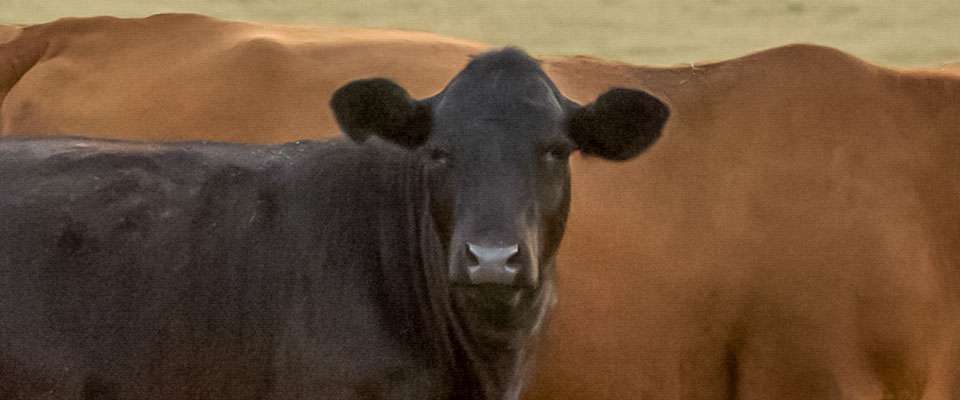
CHEVY-LYNN VASKE
K-State Extension news service
MANHATTAN, Kan. – As calving season approaches, experts from the Kansas State University Beef Cattle Institute are encouraging producers to focus on proactive management strategies to support calf health and herd performance.
One key practice is the early castration of bull calves. K-State veterinarian Brad White explained that castration at about two months of age can reduce health risks and improve long-term productivity.

“Uncastrated bulls are 2.3 times more likely to develop bovine respiratory disease compared to steers, potentially leading to significant economic impacts,” White said. “Price discounts for uncastrated bulls could range from 3% to 15% depending on weight and age.”
Along with castration, the experts highlighted newborn calf care, emphasizing fly control and deworming. White and K-State veterinarian Bob Larson advised producers to:
• Treat adult cows for fly control.
• Use age-appropriate dosing for young calves.
• Consider deworming calves around 2 to 3 months of age.
• Tailor interventions to geographic and environmental conditions.
The experts noted that targeted, early interventions can help improve animal well-being and support profitability.





